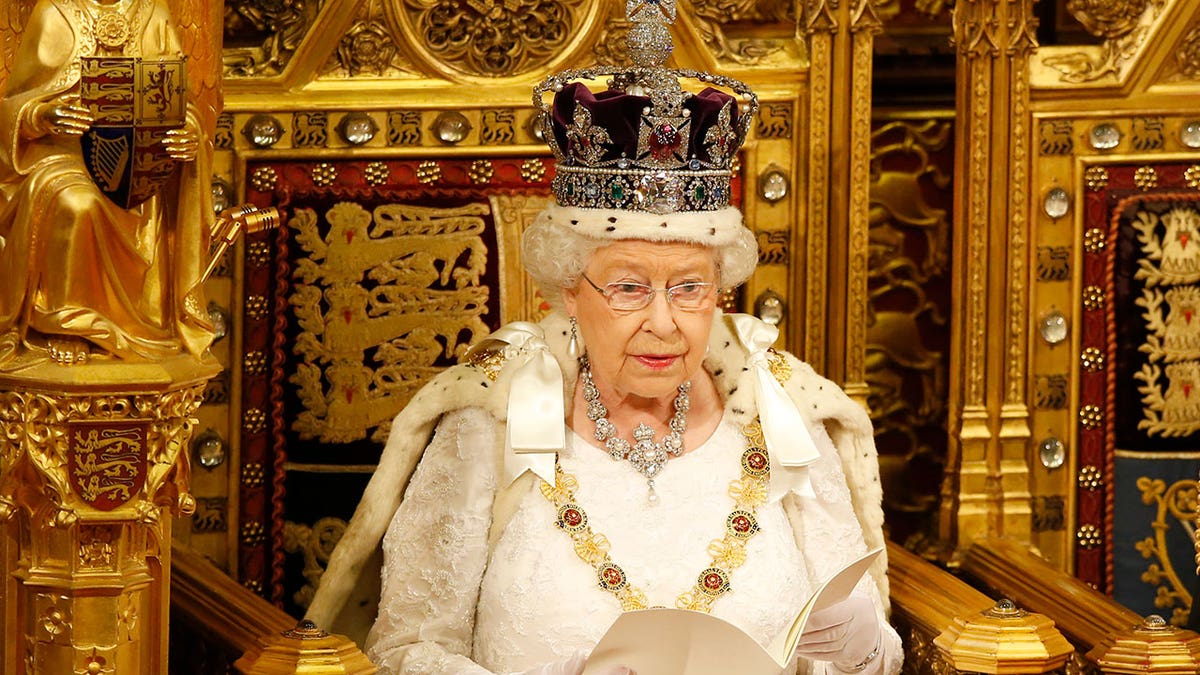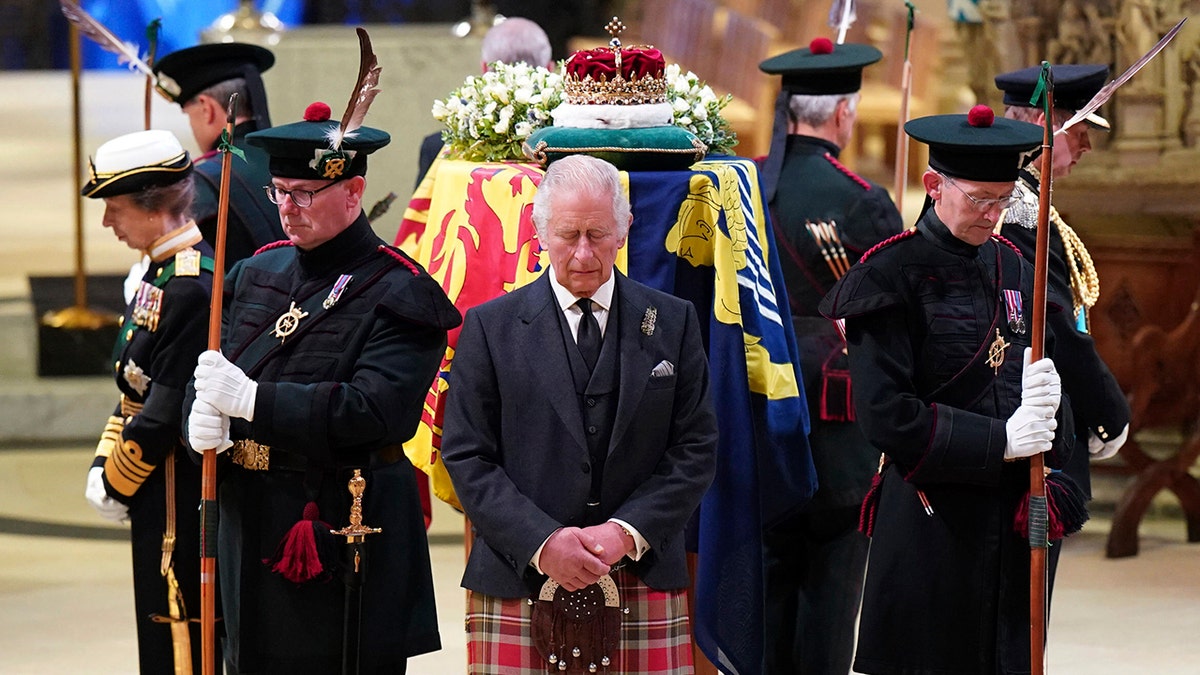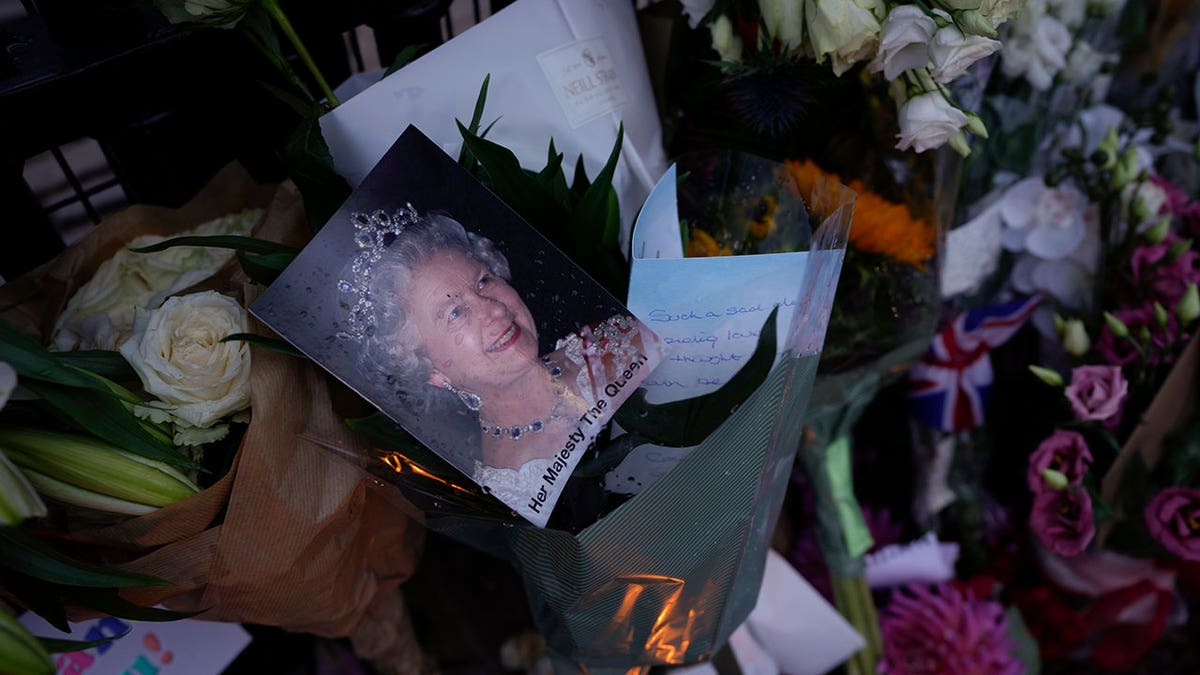Media discusses Queen Elizabeth’s death by bringing up reparations, U.K. history of racism
Figures on CNN, MSNBC, and The View decried the racism and colonialism of the British Empire and in some cases called for reparations.
Left-leaning media outlets such as MSNBC, CNN, and The Washington Post devoted significant time during coverage of Queen Elizabeth II’s death to discuss the British monarchy’s history of racism and colonialism, in some cases even calling for reparations.
CNN’s chief international anchor Christiane Amanpour was one of several on-air personalities to bring up reparations in the wake of Queen Elizabeth’s passing. She also suggested that King Charles III should address Britain’s "colonial legacy."
"I really do believe that we have to have this conversation right now, even at this moment," she said of British colonialism as she began her analysis.
Amanpour appeared to suggest that claims by King Charles about various demographics flourishing in recent history under British rulers were overblown. She said this was true "particularly in the wake of Black Lives Matter and particularly in the protests that erupted all over the world after what happened in Minnesota, here as well, in France and other parts of these nations that had colonial servants — let’s face it."

Queen Elizabeth II's state funeral will be held Sept. 19 at Westminster Abbey. (Alastair Grant - WPA Pool/Getty Images)
"What we’re saying is that there is the generation of multicultural and diverse Britons who want this answered, who want to see their monarch finally talk about what it means and, you know, potentially the idea of reparations, definitely justice, right? Justice," she added.
During an appearance on MSNBC, Birmingham City University professor Kehinde Andrews admitted he was not sad about the queen’s death because of the ways in which she exemplified "White supremacy" and "colonialism."
He further claimed that one of the reasons the queen was so popular was because she was a "throwback" to those colonial times.
"This is somebody who represented White supremacy and colonialism, and as you said, didn’t give reparations, didn’t give up her wealth, didn’t give up her power. She reveled in it. And I’m not sure why I should be sad today, and millions of us in this country have exactly the same feeling as me, I would say," the professor concluded.
MSNBC political analyst Richard Stengel said Americans are mainly captivated with the British royals because they have a "weakness" that yearns for a time of "hereditary privilege."
KING CHARLES III ADDRESSED SCOTTISH PARLIAMENT FOR FIRST TIME FOLLOWING QUEEN ELIZABETH'S DEATH

From left, Prince Andrew, King Charles III, Camilla, the Queen Consort, Princess Anne and Vice Admiral Sir Tim Laurence,look on as the Duke of Hamilton places the Crown of Scotland on the coffin during the Service of Prayer and Reflection for the Life of Queen Elizabeth II at St Giles' Cathedral, Edinburgh, on Monday ,Sept. 12, 2022. (Aaron Chown/Pool Photo via AP)
"I have to say to your earlier question, why are American news networks dedicating all of this time to Queen Elizabeth’s funeral? I think it’s a good question," Stengel said. "I mean, you know, I think it’s something — there’s a weakness in the American character that still yearns for that era of hereditary privilege, which is the very thing that we escaped from."
Discussion about the monarchy’s troubled history grew tense during a conversation between British historian Andrew Roberts and MSNBC host Ali Velshi. Roberts took issue with Velshi’s segment opening when he claimed that many were tired of the British monarchy and now view it as a relic of colonial oppression. He claimed upwards of 85% in the U.K. are in favor of a constitutional monarchy, and called Velshi’s comments "extremely overdone."
Velshi scolded, "Andrew, this is not a propaganda show." He then continued to cut off his guest, "I need you to stop for a second. Are you really taking issue with the horrors of colonialism, Andrew?"
Following news of Elizabeth II’s death, Carnegie Mellon professor Uju Anya attacked the queen in a tweet, which was later deleted by Twitter for violating rules on abusive behavior.

King Charles III and other members of the royal family hold a vigil at the coffin of Queen Elizabeth II at St Giles' Cathedral, Edinburgh, Scotland, on Monday Sept. 12, 2022. (Jane Barlow/Pool via AP)
"I heard the chief monarch of a thieving raping genocidal empire is finally dying. May her pain be excruciating," she wrote.
Following the tweet, the university defended the professor’s right to free speech, but noted that her comment was "offensive" and "objectionable." The university went on to clarify that her tweet did not represent the values of the institution.
However, MSNBC columnist Zeeshan Aleem criticized the university for issuing the statement about Anya, claiming that her condemnation by Carnegie Mellon served as a "signal" to other academics that they should "watch their mouth" on certain matters.
Aleem further defended Anya’s tweet as one born from "personal hurt" and "political opposition" to British colonialism.
"Even if one found Anya’s statement distasteful, it’s also critical to recognize how distasteful the whitewashing of the British Empire has been in the official British narratives celebrating Elizabeth’s life. Beneath the comment about suffering, Anya’s tweet stakes out a position on politics and history, something scholars are expected to do," he wrote.

A photo of Queen Elizabeth along with messages, flowers and candles are seen at the gates of Buckingham Palace in London on Sept. 9, 2022. (AP Photo/Kirsty Wigglesworth)
During the Friday episode of ABC’s "The View," co-host Sunny Hostin noted that while it was sad that Queen Elizabeth had died, she was the leader of a monarchy "built on the backs of Black and Brown people."
She also described the British monarchy as a "thieving, raping, genocidal empire" and advised King Charles III to make up for this history by giving "reparations" to all the nations colonized by the British Empire.
Washington Post columnist Karen Attiah also wrote about Britian’s colonial history in the wake of the queen’s death, asserting everyone must examine the "ugly truths" about the monarch and British Empire.
In the column headlined "We must speak the ugly truths about Queen Elizabeth and Britain’s empire," Attiah condemned the "propaganda, fantasy, and ignorance" that have portrayed Queen Elizabeth as a "symbol of decorum and stability" during her reign.
CLICK HERE TO GET THE FOX NEWS APP
Fox News’ Gabriel Hays contributed to this report.










































